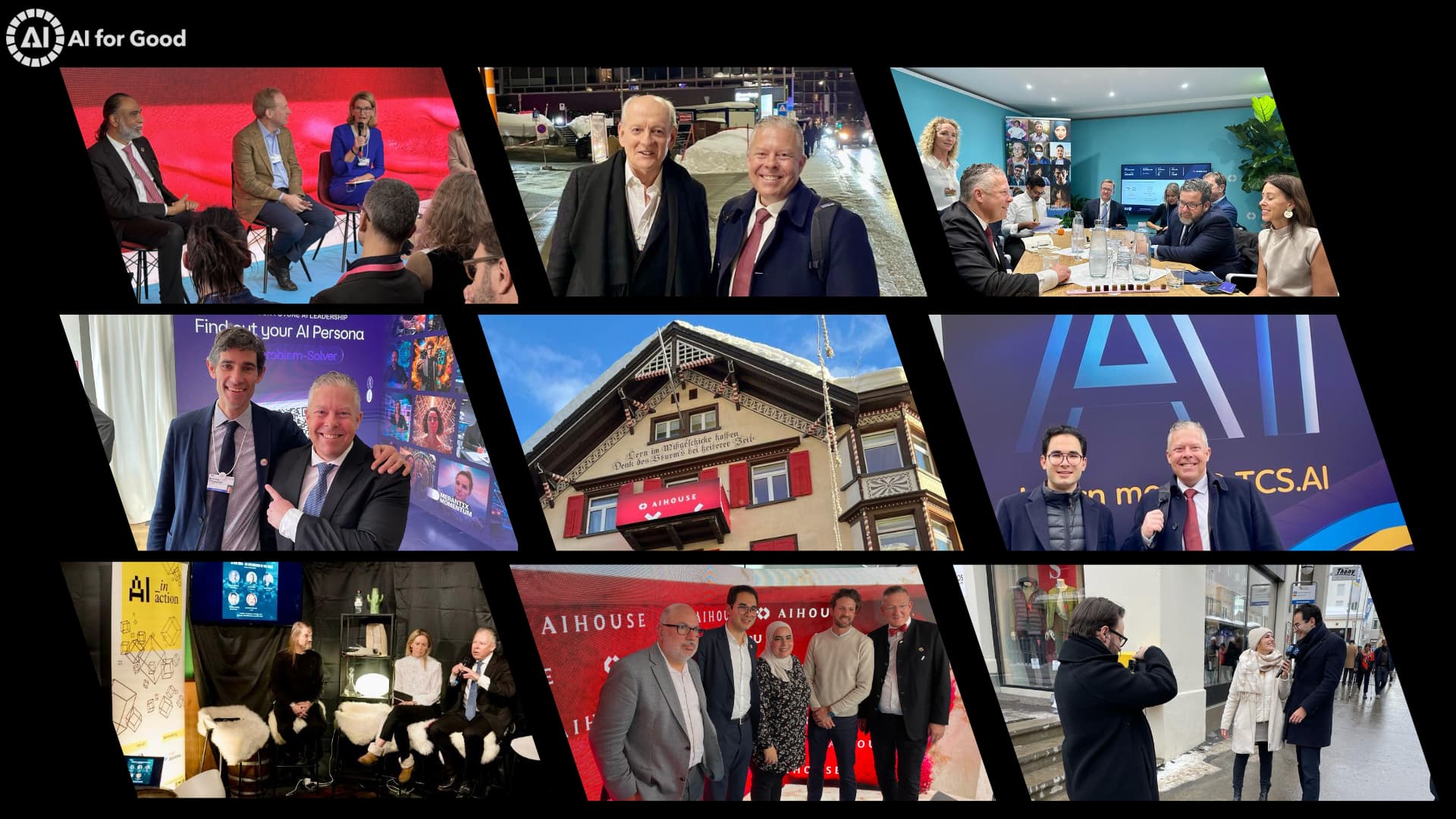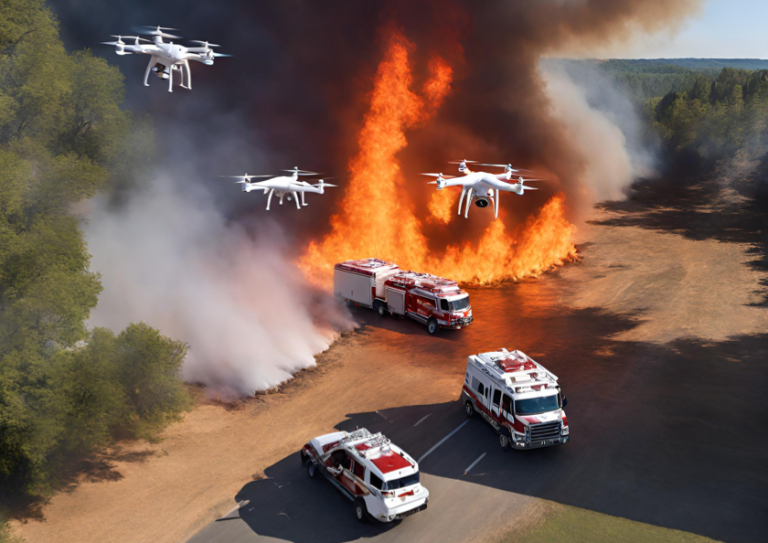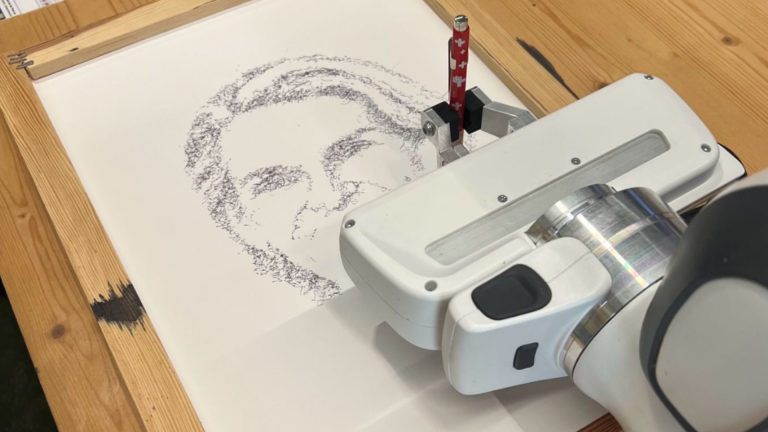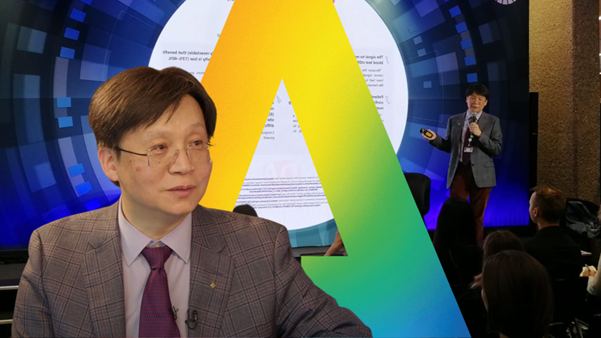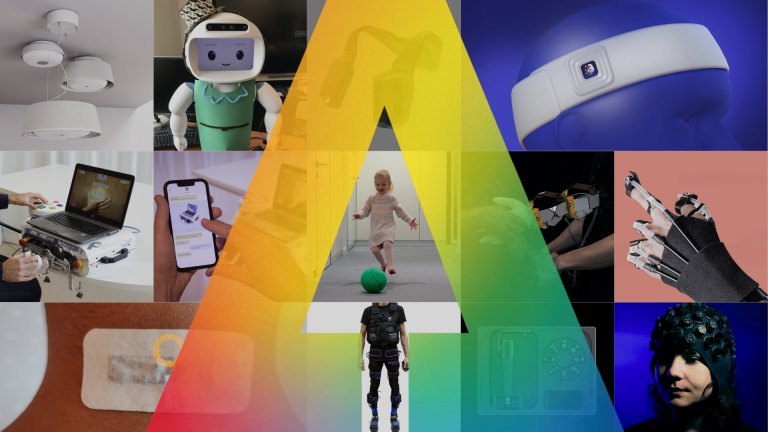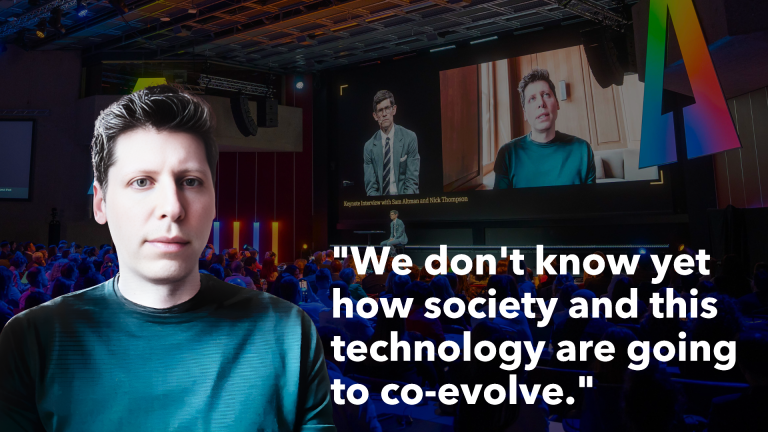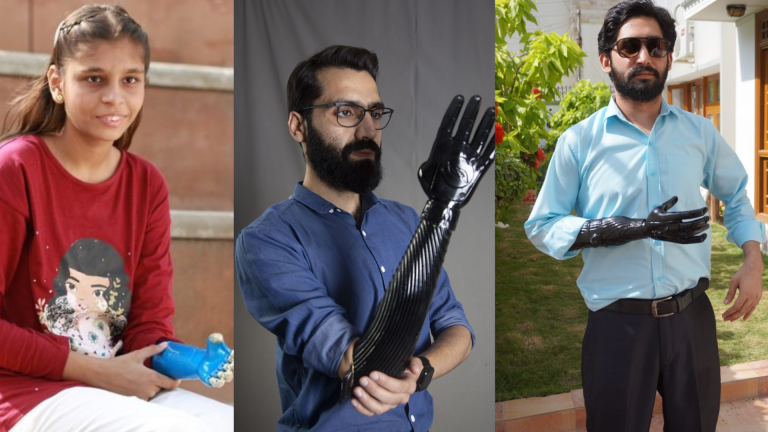Davos 2024: The Pivotal Role of Artificial Intelligence in Shaping the Future
The 2024 World Economic Forum Meeting: A Turning Point for AI for Good
The recent 2024 World Economic Forum gathering in Davos was a landmark event for the AI for Good movement, placing Artificial Intelligence (AI) at the forefront of discussions and the agenda. The AI for Good initiative played a crucial role in engaging conversations, offering pioneering solutions, and emerging as a prominent voice in shaping the future of AI. The ITU AI for Good team took part in several pivotal events at the newly established AI House Davos, which served as a hub for the brightest minds in AI to converge.
On January 16, the ITU Secretary-General, Doreen Bogdan-Martin, took part in a high-level discussion titled “AI Geopolitical Implications for Business, Government, and Society” at the AI House. Joining her were notable figures like Brad Smith, Vice Chair and President of Microsoft, Amandeep Gill, Under-Secretary-General, UN Tech Envoy, and Marie-Laure Salles, Director of The Geneva Graduate Institute. Their collective expertise sparked thought-provoking exchanges in front of an engaged audience.
Following this, the event “AI & Health Equity – Can We Crack the Code?,” held on January 17 and hosted by EY and Anil Soni, CEO of the WHO Foundation, explored how AI can enhance global health equity. Industry leaders, public representatives, and academic experts, including Frederic Werner, Head of AI for Good and Strategic Engagement at ITU, alongside Anne Aerts from the Novartis Foundation, Juan M. Lavista Ferres, Chief Scientist at the Microsoft AI For Good Research Lab, as well as representatives from organizations like ICRC, ILO, and Bayer, delved into AI’s transformative potential in healthcare, covering topics from mobile health and telemedicine to personalized medicine and epidemic forecasting.
This event also shed light on the Global Initiative on AI for Health, a collaborative effort among ITU, WHO, and WIPO aimed at harnessing AI to tackle pressing health challenges worldwide. This initiative features an open-source platform that encourages the exchange of code and resources to spark innovation and collaboration in healthcare technology.
The following day, “Harmony in Coexistence: Navigating the Future of Human-AI Partnership” saw an engaging panel discussion. Guillem Martínez Roura, our AI and Robotics Programme Officer, shared insights with esteemed AI experts from ETH Zurich and Stanford on how AI can enhance human abilities rather than replace them. This session emphasized the various ways AI can contribute to achieving the Sustainable Development Goals and ensuring that no one gets left behind in the AI revolution.
The highlight of our events was a keynote by Frederic Werner on “AI for Good Use Cases.” This session featured an insightful discussion with Sean Murphy from ImpactScope, Diana Rose from InsigAI, Michele Soavi of ImpactScope, and Henning Diedrich from Lexon. The talk showcased groundbreaking AI applications for the Sustainable Development Goals (SDGs), focusing on identifying greenwashing, the importance of inclusive datasets, and employing blockchain technology for transparency in AI decision-making.
Beyond the high-profile discussions, Davos served as an essential meeting point for influential thinkers. The AI for Good initiative facilitated crucial meetings with key stakeholders for the upcoming AI for Good Global Summit 2024. Notably, in discussions with Nick Thompson, CEO of The Atlantic, plans were confirmed for keynote interviews with Geoffrey Hinton, known as the “Godfather of AI,” and Sam Altman, CEO of OpenAI. Nick Thompson will also present on the intersection of AI and media at the summit. Additionally, longtime AI for Good advocate Stuart Russell will curate two days focusing on AI safety and risk, collaborating with Amir Banifatemi.
In conclusion, the 2024 Davos event provided a hopeful outlook on AI’s role in fostering a fairer and more sustainable world. The discussions and initiatives showcased at the AI House Davos are merely the beginning of a year-long dialogue on AI. They not only highlighted the transformative power of AI but also underscored the necessity for collaboration and ethical considerations in utilizing this technology for positive impact. As AI’s journey towards ‘Good’ accelerates, we are thrilled to be a leading voice in this groundbreaking movement.
